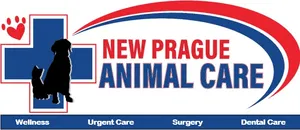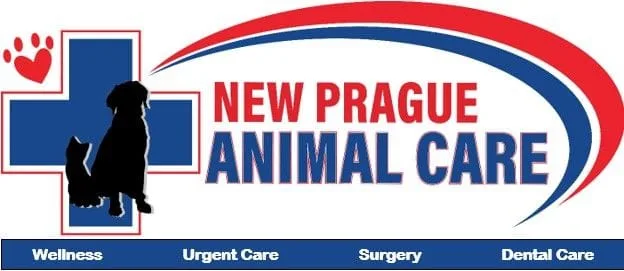
Leash Reactivity Could Be the Reason Why Your Dog Struggles with Walking on a Leash
Does your normally well-behaved dog become aggressive or out-of-control when you attach a leash to its collar? Leash reactivity can happen to any dog and may develop for several reasons. No matter the cause, you can manage this behavioral issue by redirecting and modifying your pet's reactions.
What Is Leash Reactivity?
Dogs with leash reactivity lunge at passing people, dogs, or inanimate objects. Lunging is often accompanied by growling or barking, which makes walking your pet a stressful experience.
Leash reactivity may occur due to several factors, including:
- Fear. Your dog may react aggressively when confronted with a situation it finds frightening. The leash prevents your pet from fleeing, increasing its fear. Your pet may growl at a person or dog it considers scary or bark at a noisy truck. Although lunging at a person or animal may not seem like fearful behavior, your dog views the behavior as a way to establish dominance and prevent the person, animal, or object from hurting it.
- Excitement and Frustration. Imagine you're walking through the park and spot your friend Mason by the lake. You can't wait to rush over and greet Mason, but the leash attached to your belt prevents you from moving more than a few feet. Unfortunately, the person holding the leash isn't quite as excited as you at the prospect of greeting Mason and is in no hurry to walk over to your friend. As you struggle to control your excitement and frustration, you may complain loudly to your friend and pull at the leash. Your dog does the same thing when it strains at the leash and barks.
Controlling Leash Reactivity
Following these steps could help your dog overcome leash reactivity:
- Identify Your Dog's Triggers. If your dog is fearful, it may lunge or bark when it sees a particular dog, person, or object, which is called the trigger. Dogs may have multiple triggers, according to Best Friends Network Partners. Distance may also play a role in whether or not your dog reacts to a trigger.
- Determine Your Dog's Safe Distance. Pay attention to the threshold distance, the moment when your dog lunges, barks, or growls. You may notice that your dog may be fine when you're 30 feet from a person or animal, but reacts at 25 feet.
- Change Your Dog's Behavior. Once you know your dog's threshold distance, you can start a training program to decrease leash reactivity. If your pet is fearful, training will help it associate positive feelings with the former scary object. You'll do this by gradually decreasing the threshold distance and providing treats and praise. The ASPCA recommends offering a treat when your dog notices another dog, but before it reacts negatively. Offering a treat and praise helps the dog develop a positive association with other animals, people, or objects. When your pet accepts the treat, it will focus on your face, not the trigger.
- Gradually Decrease the Distance. If your pet learns to react calmly at 25 feet, gradually decrease the distance, offering treats each time your pet is exposed to a potential trigger. With frequent practice, you may see significant improvement in your dog's behavior.
- Offer Other Rewards. When lease reactivity occurs due to frustration or excitement, you may want to show your dog that good behavior results in rewards other than treats. For example, if your pet is eager to interact with another dog, offer plenty of time to socialize when your dog reacts appropriately. Leash reactivity in this case could also mean that your pet could benefit from more opportunities to spend time with other dogs or would enjoy physically and mentally enriching activities, according to Best Friends Network Partners.
Controlling your reactions is important when training your dog. If your pet senses that you're tense or upset, it may be more likely to lunge, bark, or growl. During the first phase of the training process, look for quiet, out-of-the-way places to walk your dog and expose your dog to triggers slowly.
Does your dog need help managing leash reactivity? We can rule out physical causes that could cause behavioral changes and recommend strategies and techniques to help your furry friend overcome leash reactivity. Contact our office to schedule an appointment with the veterinarian.
Sources:
Best Friends Network Partners: Dealing with Leash Reactivity
ASPCA: Dogs Who Are Reactive on Leash, 5/4/2020
https://www.aspcapro.org/sites/default/files/aspca-reactive-dogs-on-leash.pdf
Rover: How to Train a Leash Reactive Dog
https://www.rover.com/blog/train-leash-reactive-dog/
American Kennel Club: Why Does My Dog Lunge on a Leash, 5/9/2024
https://www.akc.org/expert-advice/training/lunging-on-leash/


